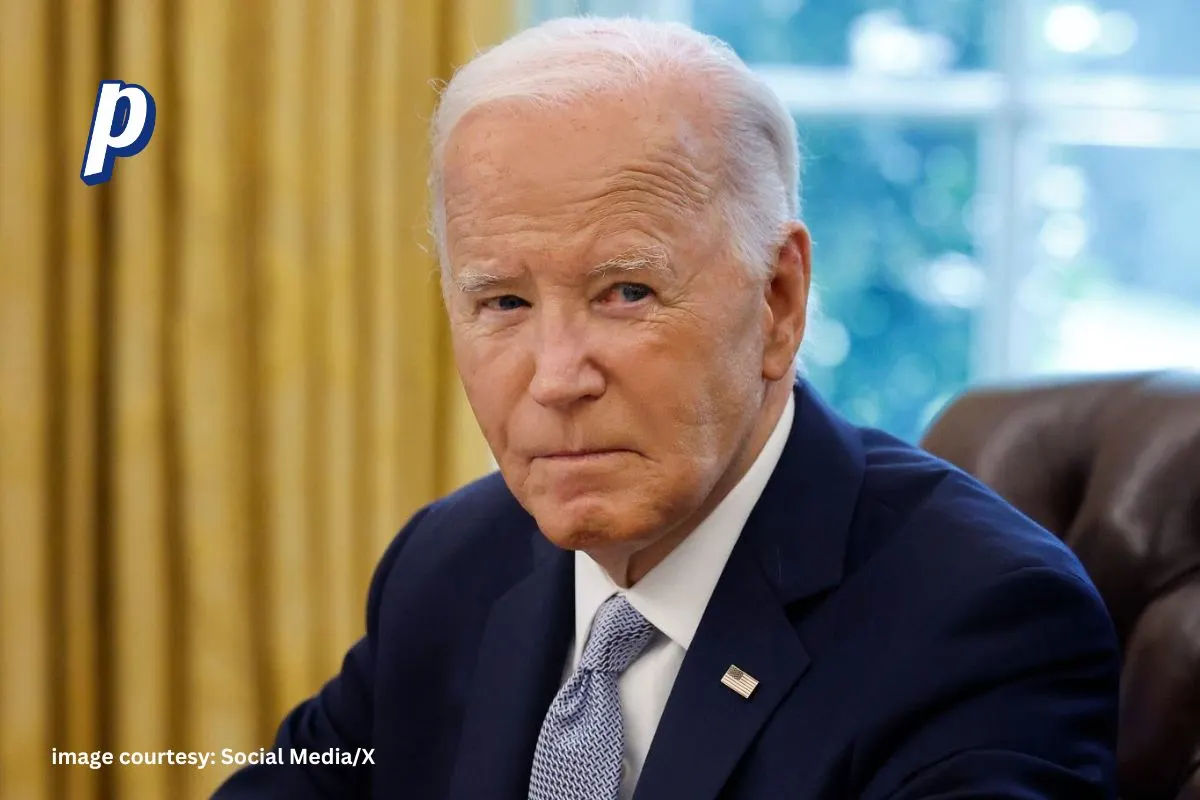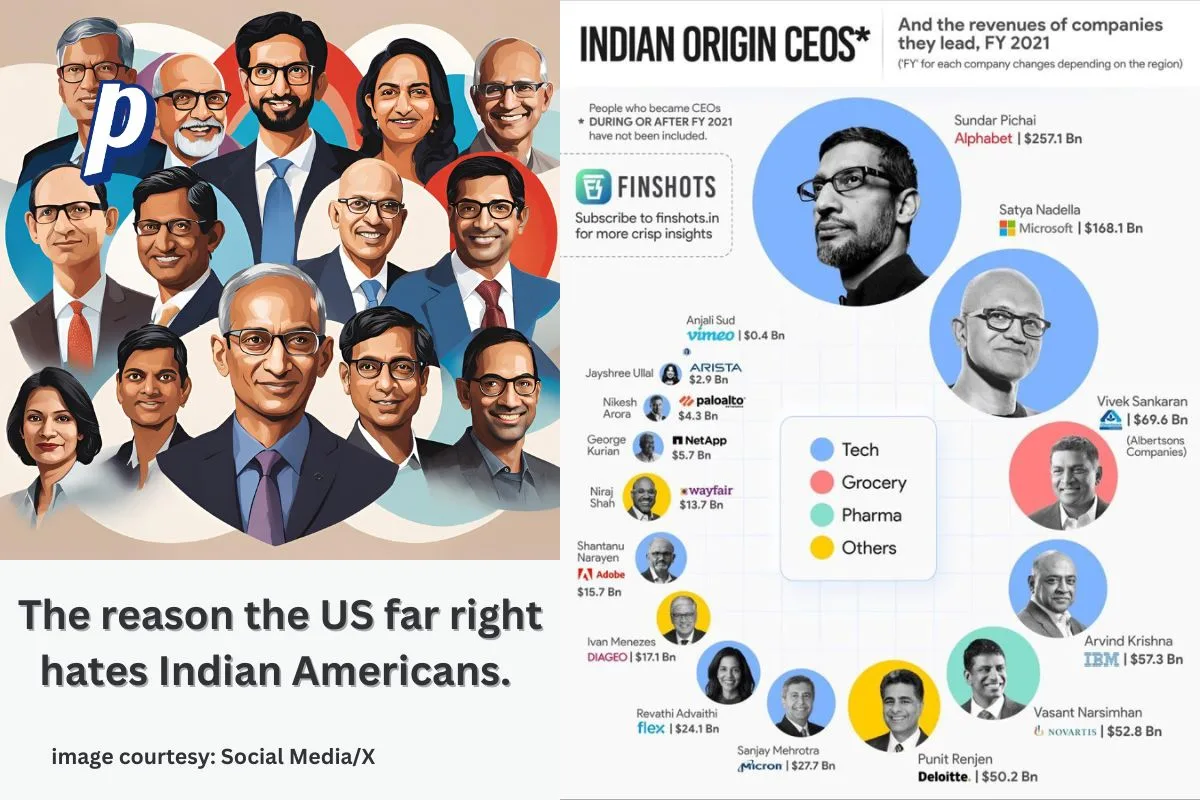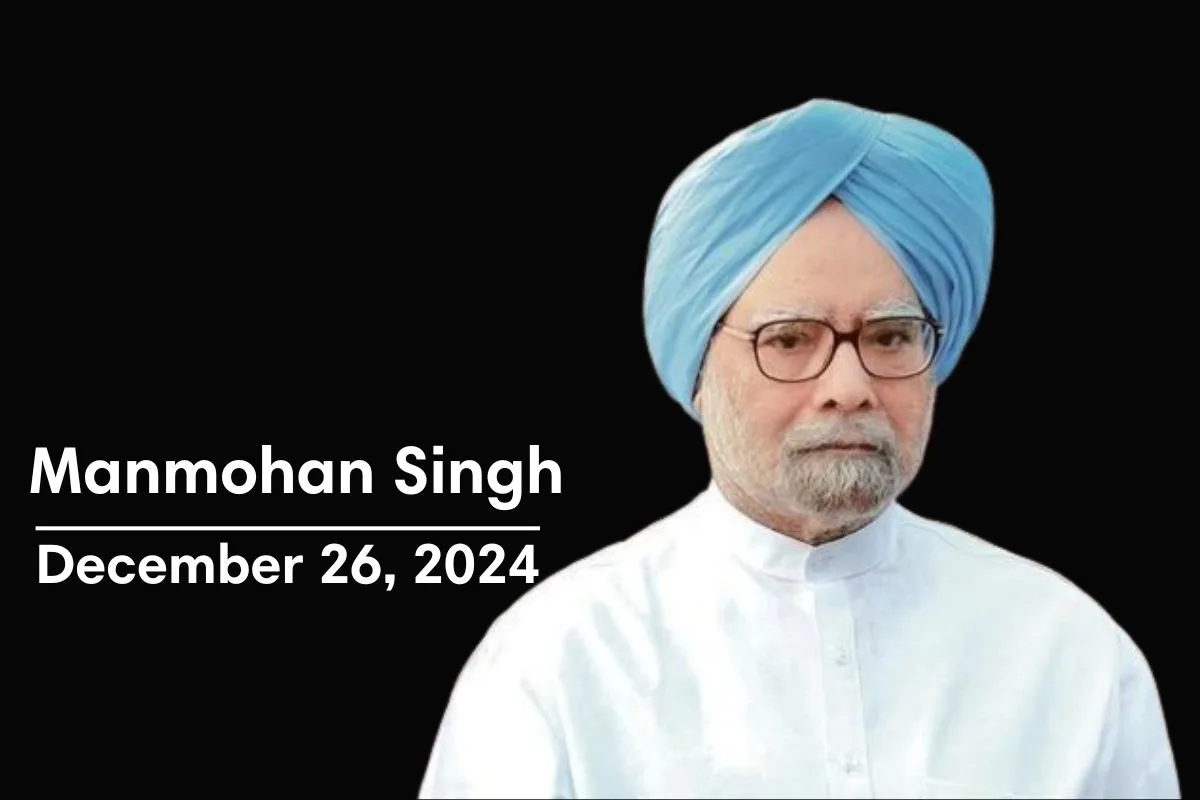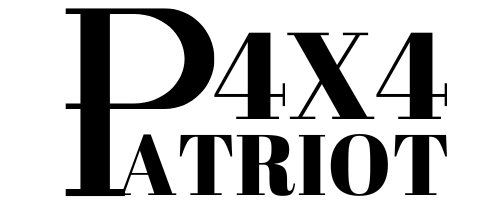Explore how unelected advisors shape policy decisions in Biden’s administration amid concerns about transparency and accountability in American democracy.
In recent years, the term “shadow government” has gained traction in political discourse, often used to describe the unseen forces and influences that shape policy decisions behind the scenes. As President Joe Biden navigates the complexities of his administration, critics have raised concerns about the extent to which his handlers and advisors have influenced his presidency. This article delves into the concept of a shadow government, its implications for American democracy, and how it relates to Biden’s administration.
Read more: Trump Vows to Reinstate Federal Death Penalty After Biden’s Clemency for Death Row Inmates
Understanding the Concept of a Shadow Government
The term “shadow government” typically refers to a group of individuals or entities that exert significant influence over government operations without being directly accountable to the public. This influence can manifest through various channels, including advisory roles, lobbying efforts, and informal networks that operate outside traditional political structures.
Historically, shadow governments have been associated with conspiracy theories and allegations of corruption. However, in contemporary politics, the term has evolved to encompass the broader dynamics of power and influence within government institutions.
The Role of Advisors and Handlers in Biden’s Administration
President Biden’s administration has been characterized by a reliance on a close-knit group of advisors and aides who play crucial roles in shaping policy decisions. Critics argue that this reliance on a select group can lead to a disconnect between the administration’s actions and the needs of everyday Americans.
- Influential Figures: Key figures in Biden’s inner circle include Ron Klain, former Chief of Staff; Susan Rice, Director of Domestic Policy; and Jake Sullivan, National Security Advisor. These individuals have significant sway over policy direction, often prioritizing their agendas over broader public interests.
- Policy Decisions: Many policy decisions made during Biden’s presidency—ranging from immigration reform to economic stimulus measures—have been attributed to the influence of these advisors. Critics contend that this reliance on unelected officials undermines democratic accountability.
- Public Perception: The perception that Biden is being heavily influenced by his handlers has led to questions about his autonomy as president. Critics argue that this dynamic raises concerns about transparency and accountability within the executive branch.
The Impact of the Shadow Government on American Democracy
The existence of a shadow government can have profound implications for American democracy:
- Erosion of Public Trust: When citizens perceive that decisions are being made behind closed doors by unelected officials, it can erode trust in democratic institutions. This lack of transparency can lead to disillusionment with the political process and increased polarization among voters.
- Policy Outcomes: The influence of a shadow government can result in policy outcomes that do not reflect the will of the people. For instance, if advisors prioritize corporate interests over public welfare, it may lead to legislation that favors big business at the expense of ordinary citizens.
- Accountability Challenges: A shadow government complicates accountability mechanisms within the political system. When decision-making power is concentrated among a small group of advisors, it becomes difficult for voters to hold elected officials accountable for their actions.
Recent Controversies Surrounding Biden’s Administration
Several recent controversies have fueled discussions about the shadow government within Biden’s administration:
- Handling of Classified Documents: The discovery of classified documents at Biden’s former office raised questions about his management of sensitive information and whether his advisors played a role in mishandling these materials. Although a special counsel investigation concluded without charges against Biden, critics argue that this incident reflects broader issues related to transparency and accountability.
- Economic Policies: Critics have pointed to economic policies implemented during Biden’s presidency as evidence of shadow government influence. For example, some argue that decisions regarding inflation control and stimulus measures were driven more by political considerations than by economic realities faced by average Americans.
- Foreign Policy Decisions: The administration’s approach to foreign relations, particularly concerning China and Russia, has also come under scrutiny. Observers question whether these policies are shaped by well-connected advisors with vested interests rather than reflecting a coherent national strategy.
Moving Forward: Addressing Concerns About Shadow Governance
To restore faith in American democracy and address concerns about shadow governance, several steps can be taken:
- Increasing Transparency: Enhancing transparency around decision-making processes can help rebuild public trust. This includes clearer communication about who is advising the president and how those individuals are selected.
- Strengthening Accountability Mechanisms: Implementing robust accountability measures for both elected officials and their advisors can ensure that decisions are made in the best interest of the public rather than special interests.
- Encouraging Civic Engagement: Encouraging greater civic engagement among citizens can empower individuals to hold their representatives accountable. By fostering an informed electorate, voters can better advocate for policies that align with their needs.
Read more: US Stocks Surge Ahead of Christmas: S&P 500 and Nasdaq Lead the Rally
The concept of a shadow government raises important questions about power dynamics within American democracy, particularly concerning President Biden’s administration. As unelected advisors wield significant influence over policy decisions, concerns about transparency and accountability become paramount.
Addressing these issues will require concerted efforts from both lawmakers and citizens alike to ensure that democracy functions effectively and represents the will of the people. As discussions surrounding shadow governance continue, it is crucial for all stakeholders to engage in meaningful dialogue about how to foster a more transparent and accountable political system.












